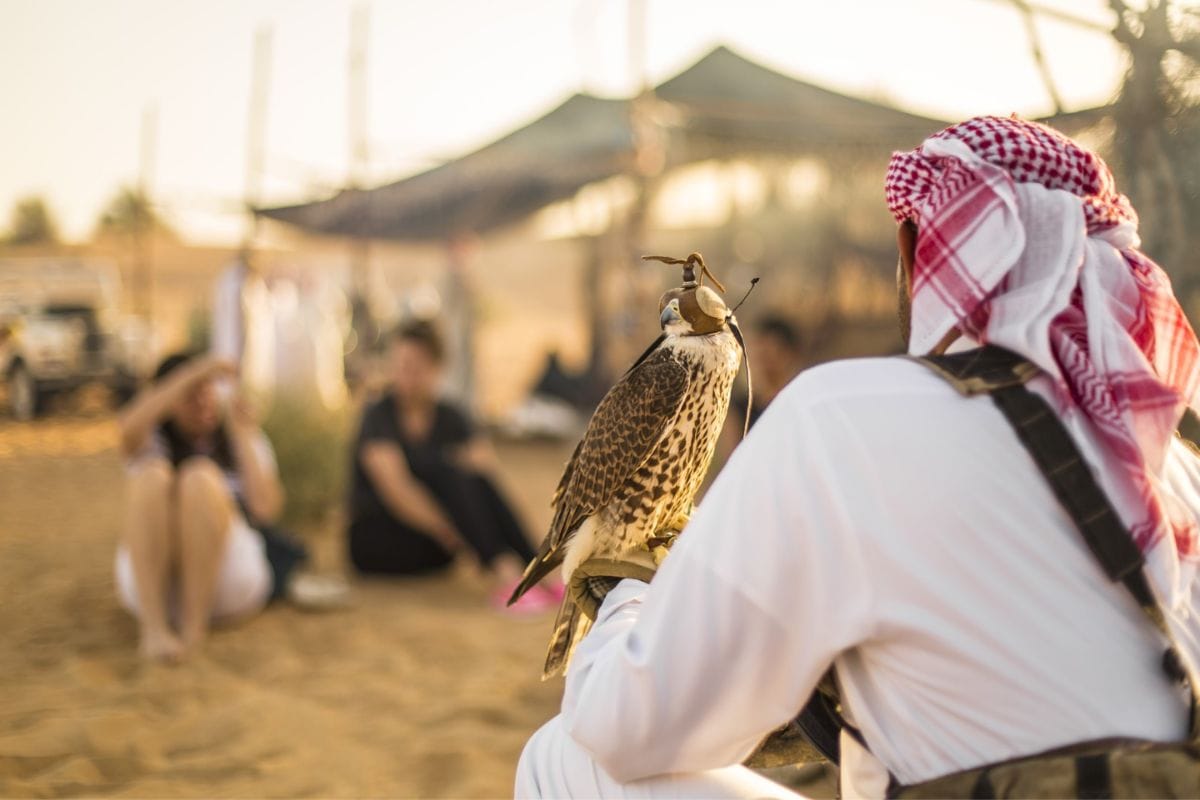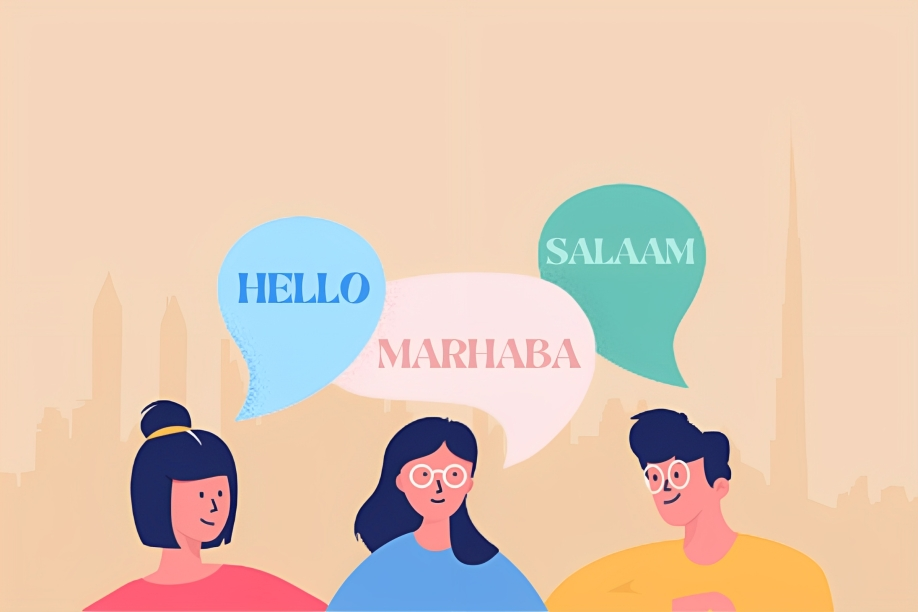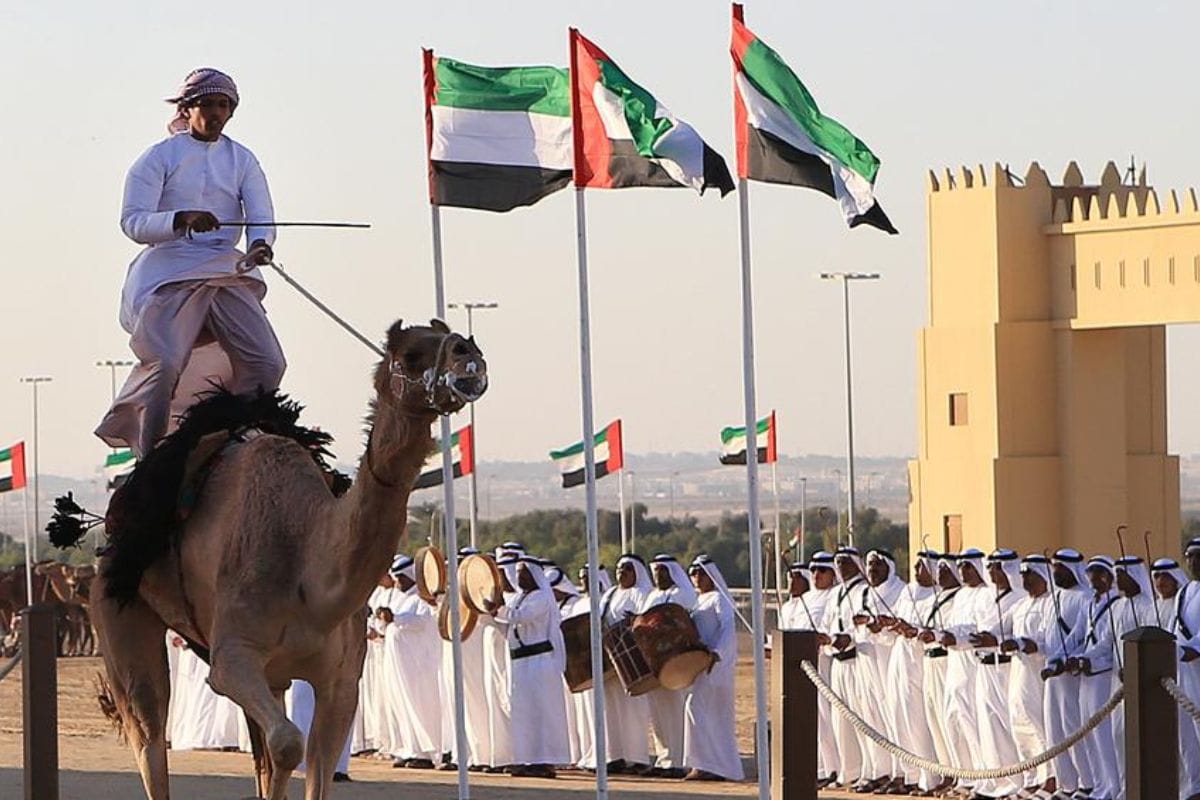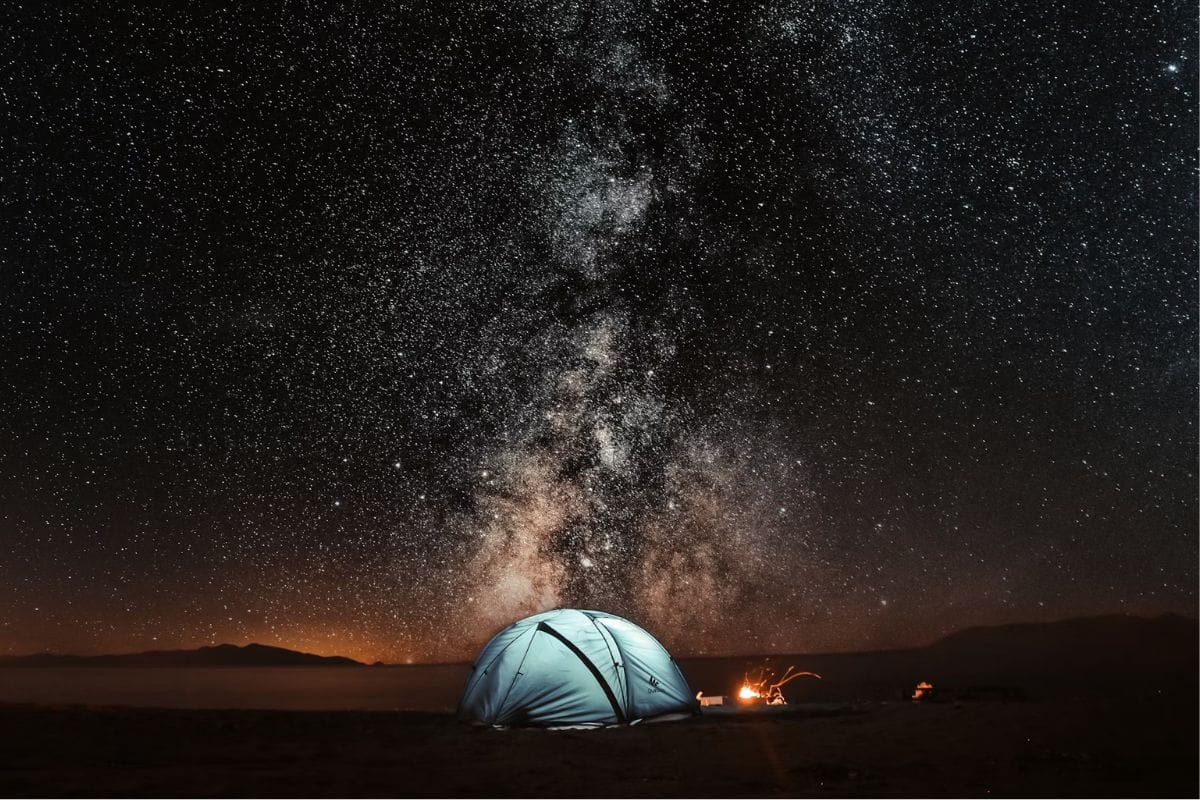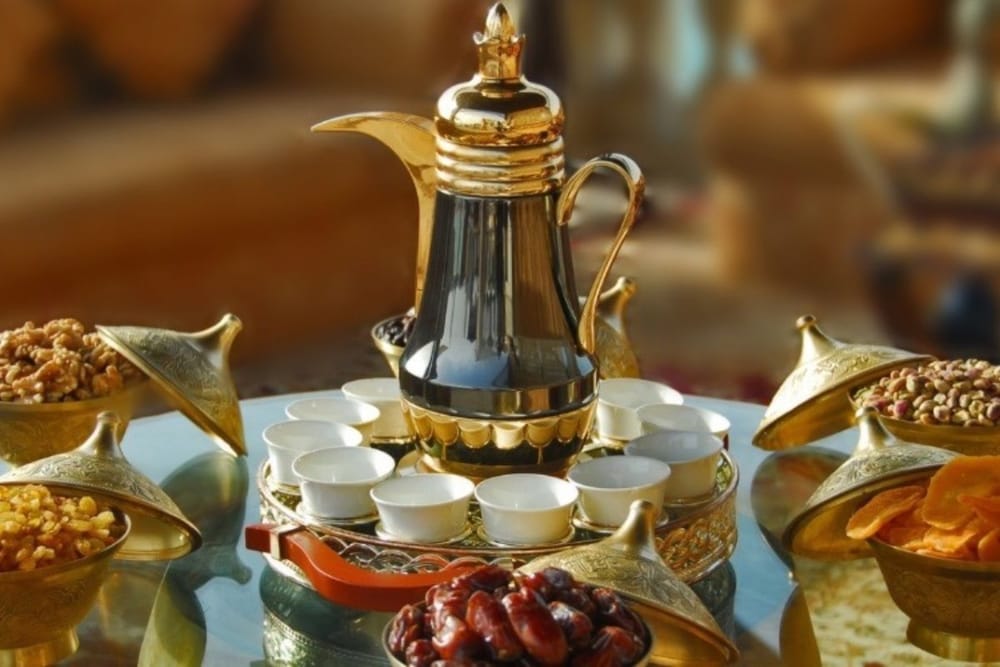Arab culture has influenced so much of the world, even in some ways that no one could imagine. In fact, some of the mundane things we do in our daily lives are thanks to the Arabs' contributions. For instance, we wouldn't even have a numeral system or mathematics. Sure, solving algebra and calculus is a pain (thanks a lot, guys), but without it, we couldn't do any basic calculations like figuring out which coffee is cheaper – we wouldn't even have coffee!
The Arabs also gave us clocks, toothbrushes, soap, and hospitals. Essentially, without the creativity and inventions made by Arabs, we would simply be stinky, sick, and clueless for the rest of our days. Their contributions have shaped our modern world in ways that are often overlooked or taken for granted.
It's clear that the Arabs gave us things we use every day without even knowing it, but some things are special to Arab culture and traditions that we can incorporate into our daily lives. Wellness in the Arab world is highly valued, with countless practices and rituals that promote physical and mental well-being. From traditional herbal remedies to the art of hammam, their emphasis on self-care and holistic healing can teach us valuable lessons about taking care of ourselves. By embracing these aspects of Arab culture, we can enhance our own wellness journeys and lead healthier, more balanced lives.
Here are some simple Arabic traditions that you can include in your daily routines!
Ajwa Dates - Saudi Arabia
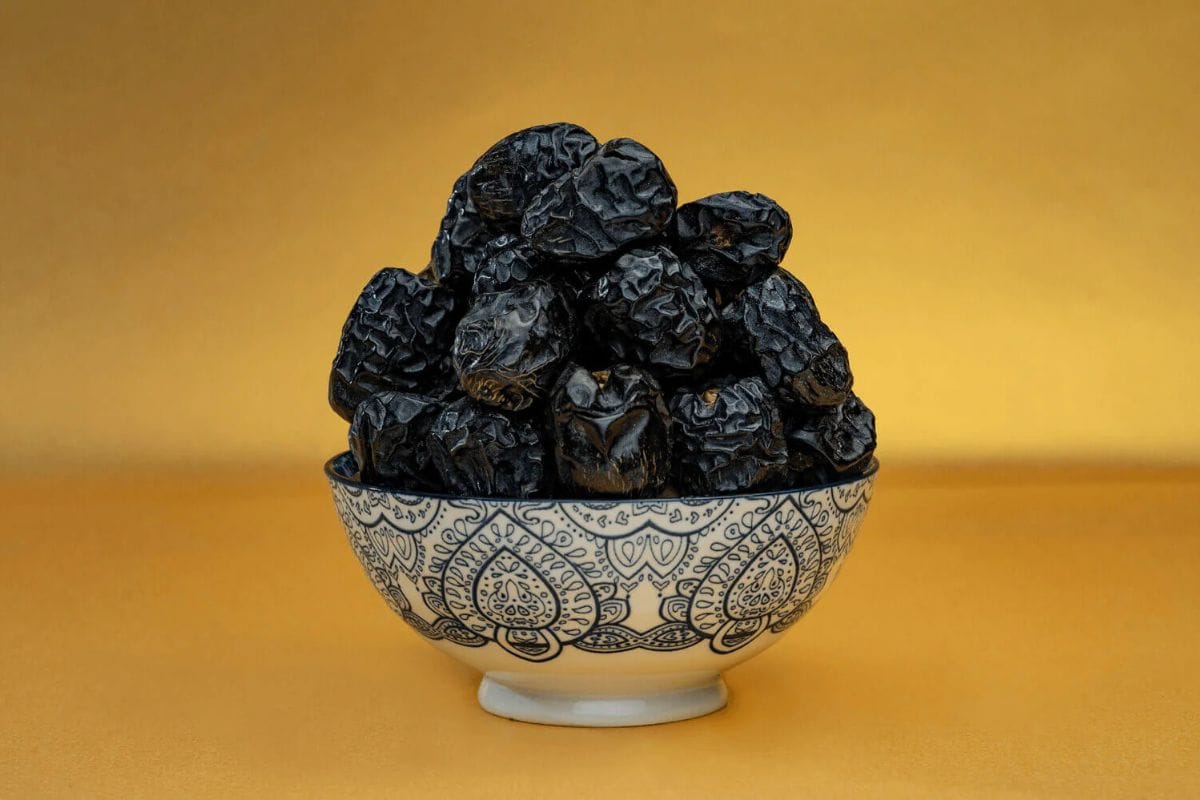
The date is a celebrity fruit in the Arab world. It's the national fruit of both Saudi Arabia and the UAE. There are many types of dates, all with different flavors and benefits. Among them, one stands out: Ajwa dates.
Ajwa dates are the most prized dates in the Middle East region. Known for its sweet taste and dark color, Ajwa is the most expensive and most high-quality date you can find. Not only are they delicious, but they have numerous health benefits.
Simply eating one of these dates for your breakfast can do wonders! Aside from giving you that needed boost of energy, regularly eating Ajwa dates has some crazy advantages, including:
- Cancer Prevention: Studies have shown that Ajwa extract has the ability to inhibit and reduce the growth of various types of cancer cells, including breast cancer, prostate cancer, and abdominal cancer.
- Heart Health: Ajwa dates prevent blood clots and improve your blood circulation, helping to prevent any heart attacks or cardiovascular issues.
- Stabilizes Diabetes: Though they are sweet, Ajwa dates have a low Glycemic Index, meaning that it doesn't significantly increase your blood sugar.
- Aids in Pregnancy: Regularly eating dates during your pregnancy can help activate womb muscles and make the delivery process smoother. It can also minimize other side effects, including postpartum bleeding.
- Strengthens Bones: Ajwa dates are rich in Calcium and Phosphorus, making them essential to keeping your bones and teeth healthy.
Aker Fassi Clay Pot- Morocco
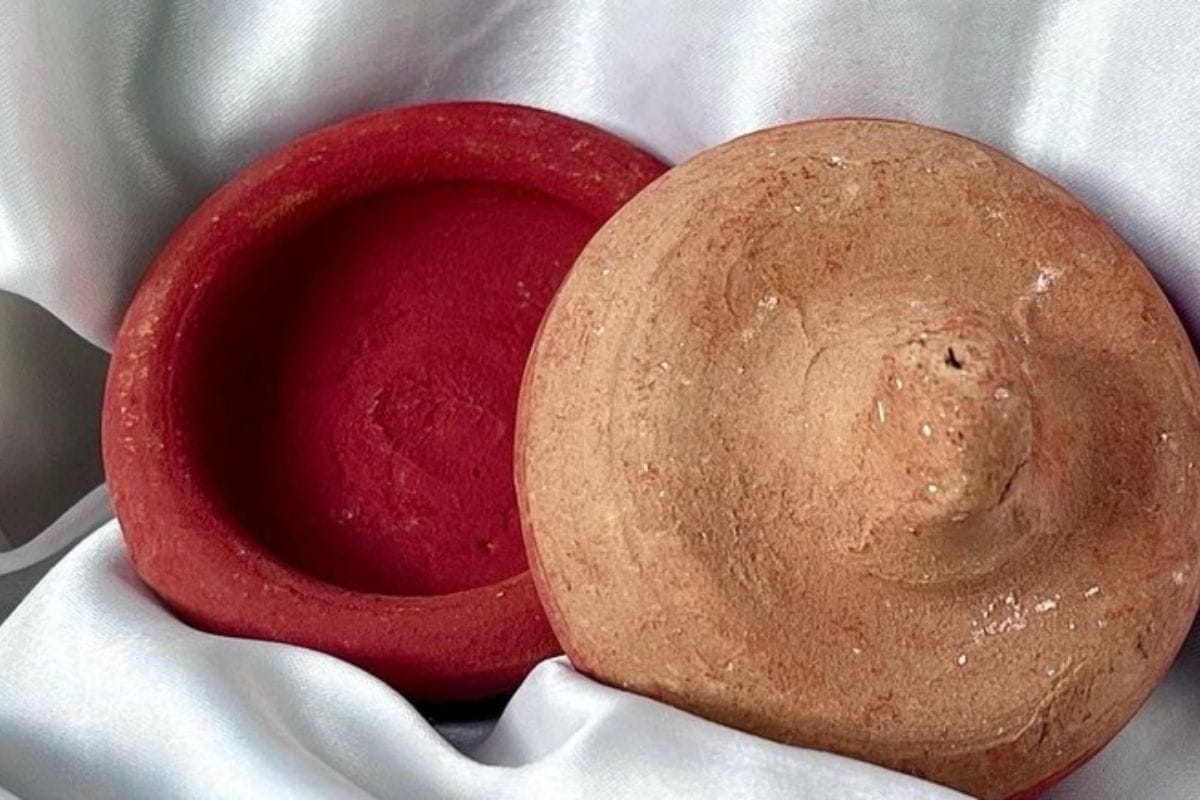
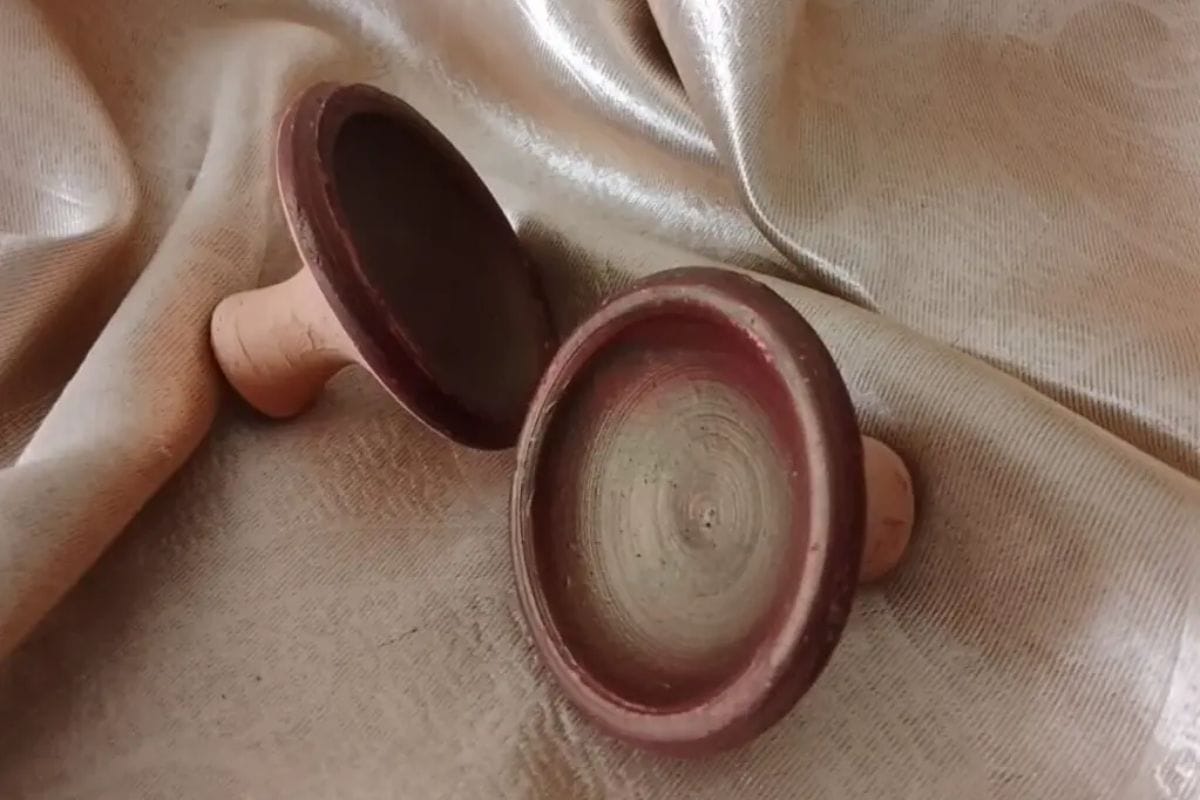
You may have seen this organic blush trending on TikTok, but it has been in Moroccan culture for centuries. At first, this may look like just an ordinary pot with some dry color, but Aker Fassi works by spraying water or oil, and then the magic happens. After spritzing it, you'll start to notice that the pigment instantly transforms into a vibrant color.
Made with crushed rose petals and pomegranate rind, Aker Fassi is a great alternative to the cosmetic and artificial blush we have today. This natural pigment can last for days and gives a beautiful flush to your cheeks.
@pamelapedrozaa Should I try it on? #morrocan #lipstick #akerfassi ♬ original sound - xxtristanxo
Bukhoor - Gulf
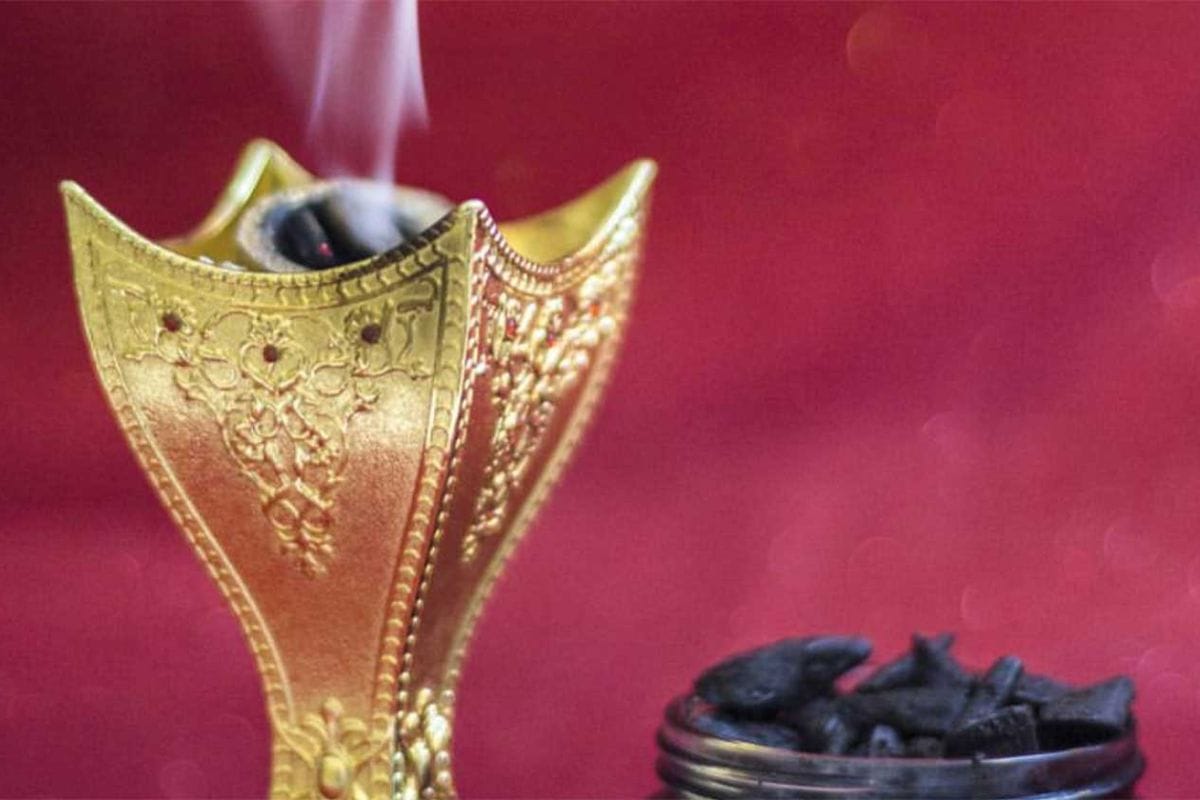
Known in Western countries as incense, Bukhoor is a natural Arabic fragrance that is used to help you relax. Made by burning wood chips that have been mixed with ingredients like resin and oil, burning Bukhoor is a traditional practice in many Middle Eastern countries.
The fragrant smoke released from burning Bukhoor is believed to have therapeutic properties, promoting a sense of calmness and tranquility. It is commonly used during meditation or as a way to create a peaceful atmosphere in homes and mosques. The distinct aroma of Bukhoor is also often associated with special occasions and celebrations, adding a touch of elegance and luxury to the environment.
Camel Milk - United Arab Emirates
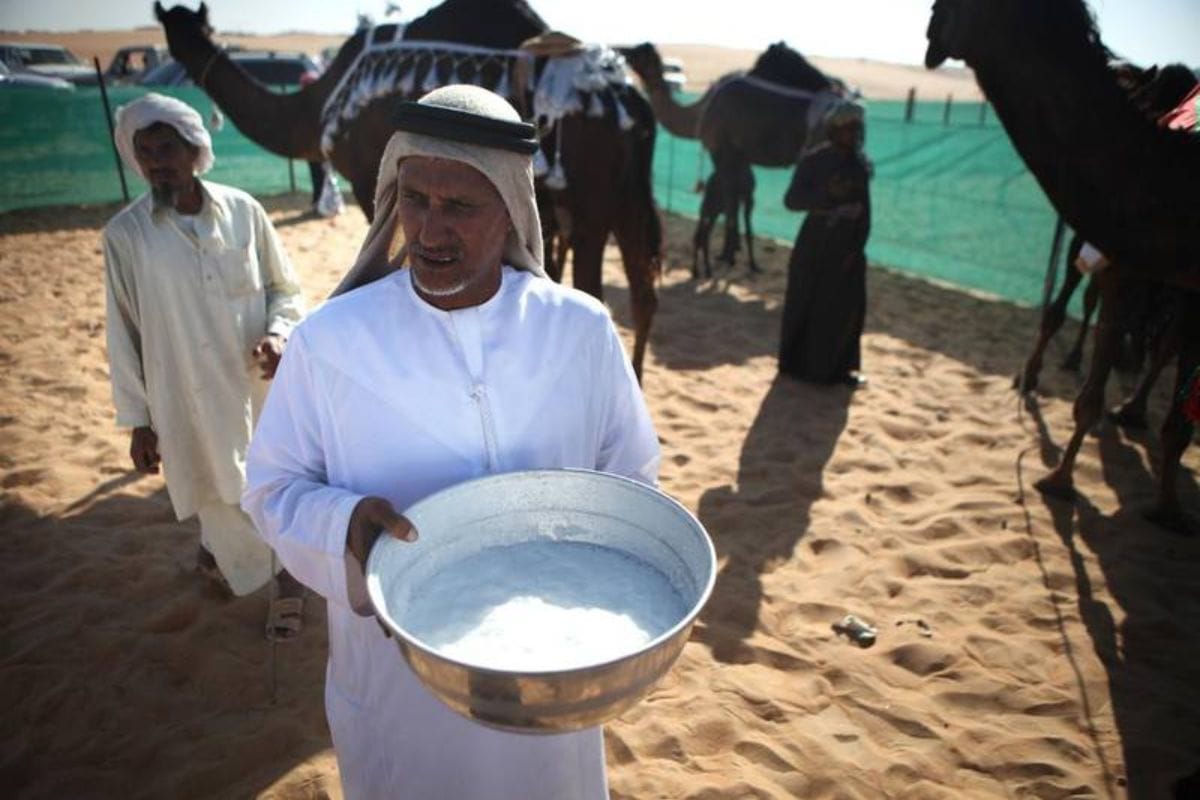
Camels are one of the most beloved animals in the UAE, helping with transportation back in the desert days. Today, camels are still a big part of the country's culture and heritage. You can find countless places to get a chance to ride one of these majestic animals, and you can even find shops that sell food with their meat and milk.
Camel milk has been a staple in traditional Emirati cuisine, used for making chocolates, coffee, and more. But did you know that camel milk also has cosmetic purposes? Using camel milk as a face mask can have amazing results. If you're looking to get rid of those pesky wrinkles and brighten your face, then applying camel milk is the solution.
Hammam - Morocco
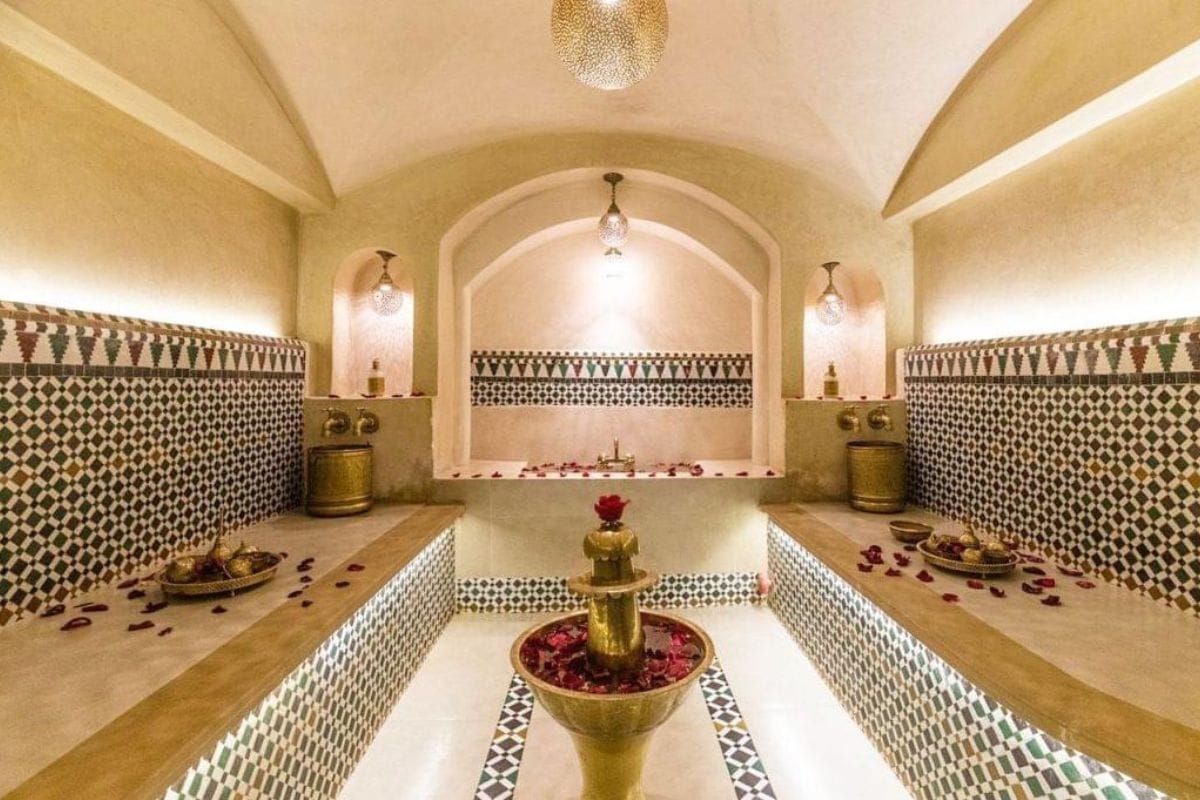
Forget about spas and salons, everything you need is at Moroccan Hammams. Hammams, or bathhouses, are a unique Moroccan tradition that attracts people from all over the world. Going in, you can expect to be soaked, scrubbed, and steamed, not only cleansing your body but your soul as well!
These ancient communal spaces offer a deeply relaxing and rejuvenating experience, with their intricate tile work, soothing aromas, and warm atmosphere. Step into a Moroccan Hammam and immerse yourself in a centuries-old ritual that will leave you feeling refreshed and renewed.
Henna - Egypt
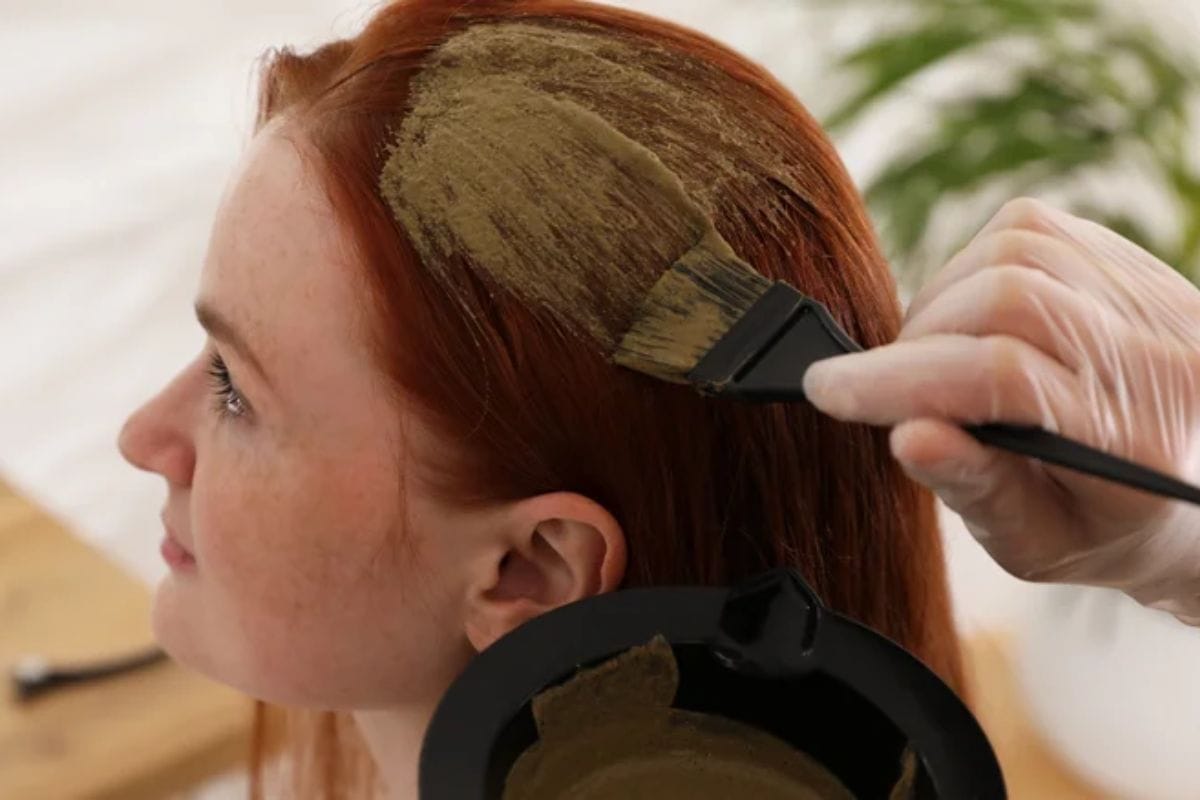
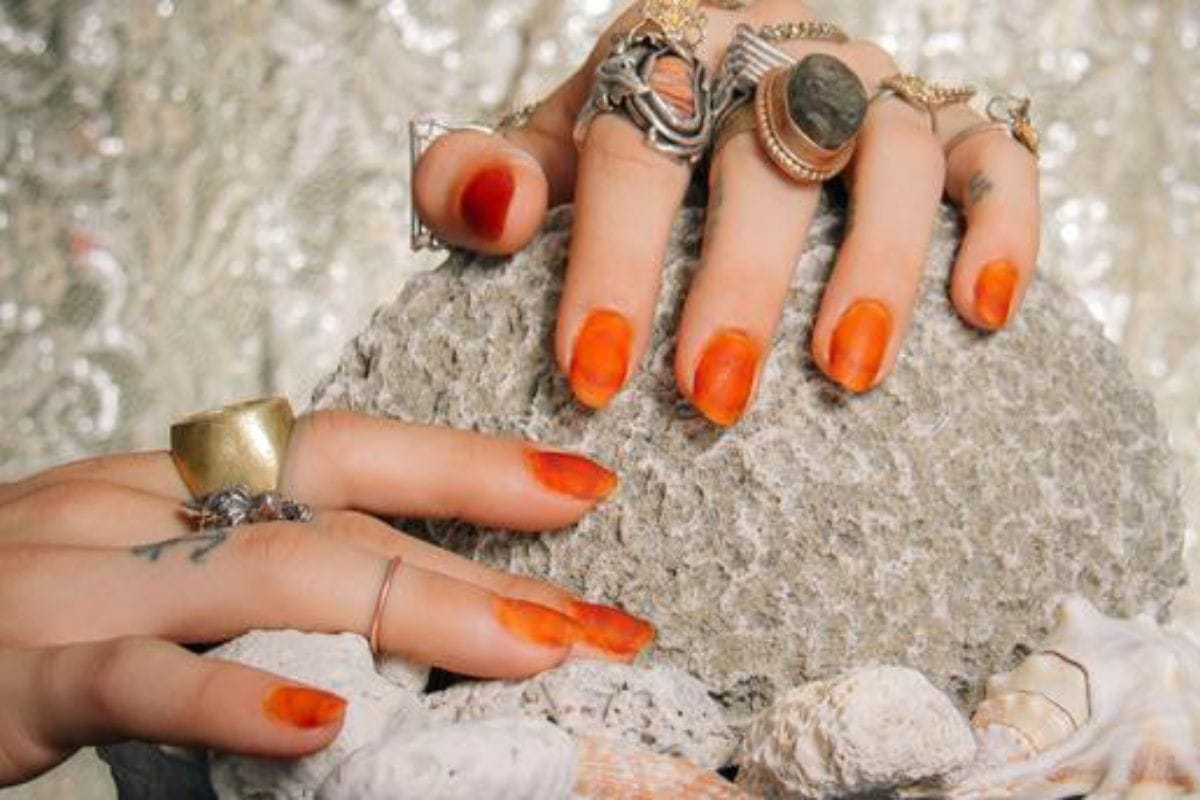
Henna has been going viral online lately, with people using it as a natural alternative to eyeliner, lip liner, and even brow pencils. Made from the leaves of the Henna shrub, the dye is known for its rich brownish pigment and it's usually used for body art in many different cultures.
One thing Henna is used for, aside from "tattoos", is hair dye. Instead of the chemical hair dyes that you can find in your average supermarket, Henna is the most natural dye you can find. It not only gives some color to your hair, but it also nourishes and conditions it, making it a perfect alternative to give your hair a new life without adding any unnecessary chemicals.
Herbs and Spices - Various
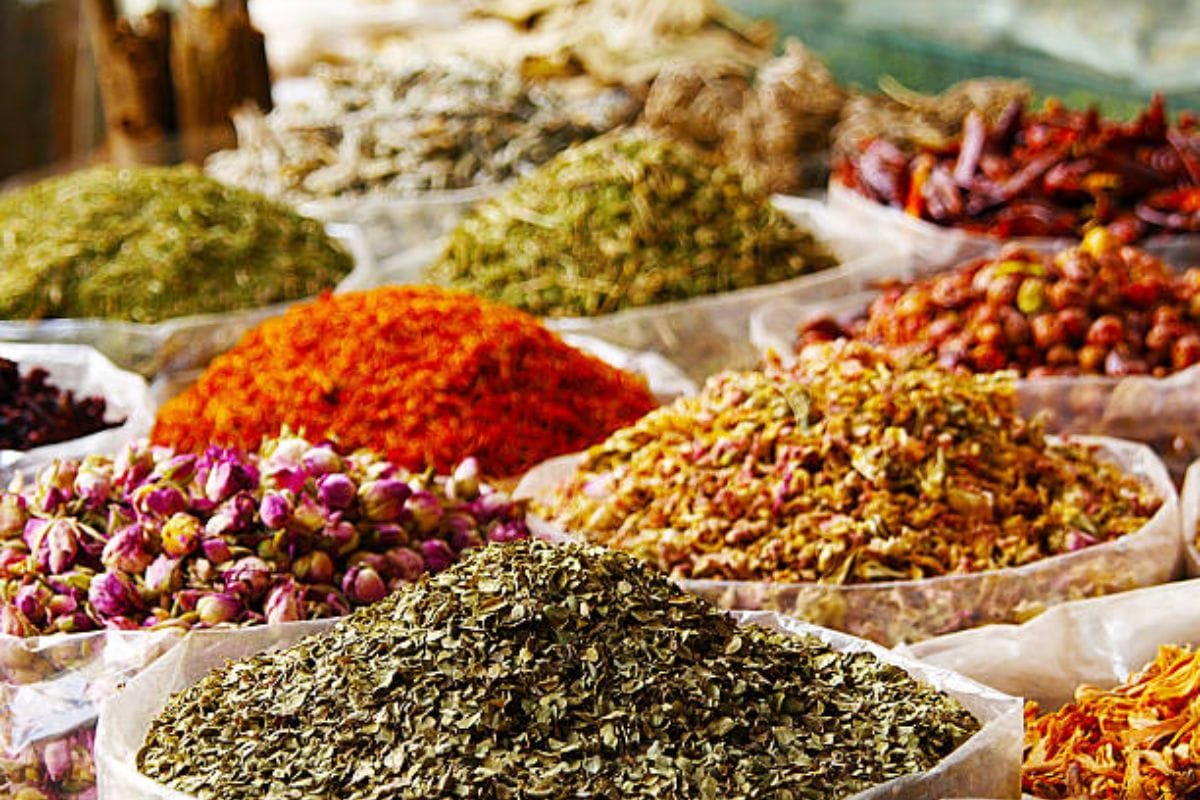
You can't have delicious Arabic cuisine without seasoning. Herbs and spices are huge in the Arab world, from Lebanese Za'atar to Moroccan Ras El Hanout. Not only do these countless herbs make the food flavorful and tasty, but they're also used in traditional medicines. Soaking up some herbs like chamomile or sage in hot water can save you from a lot of issues, including ulcers, wounds, burns, or just a simple cough.
Kohl - Egypt
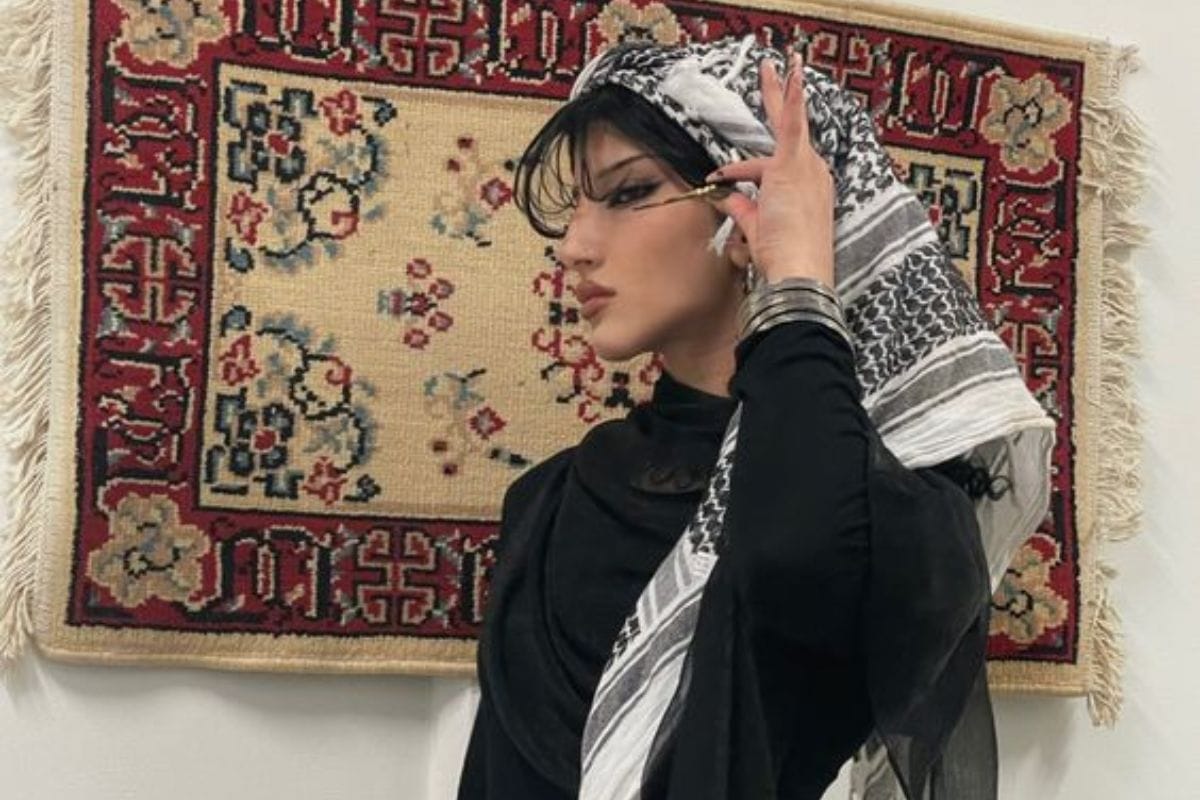
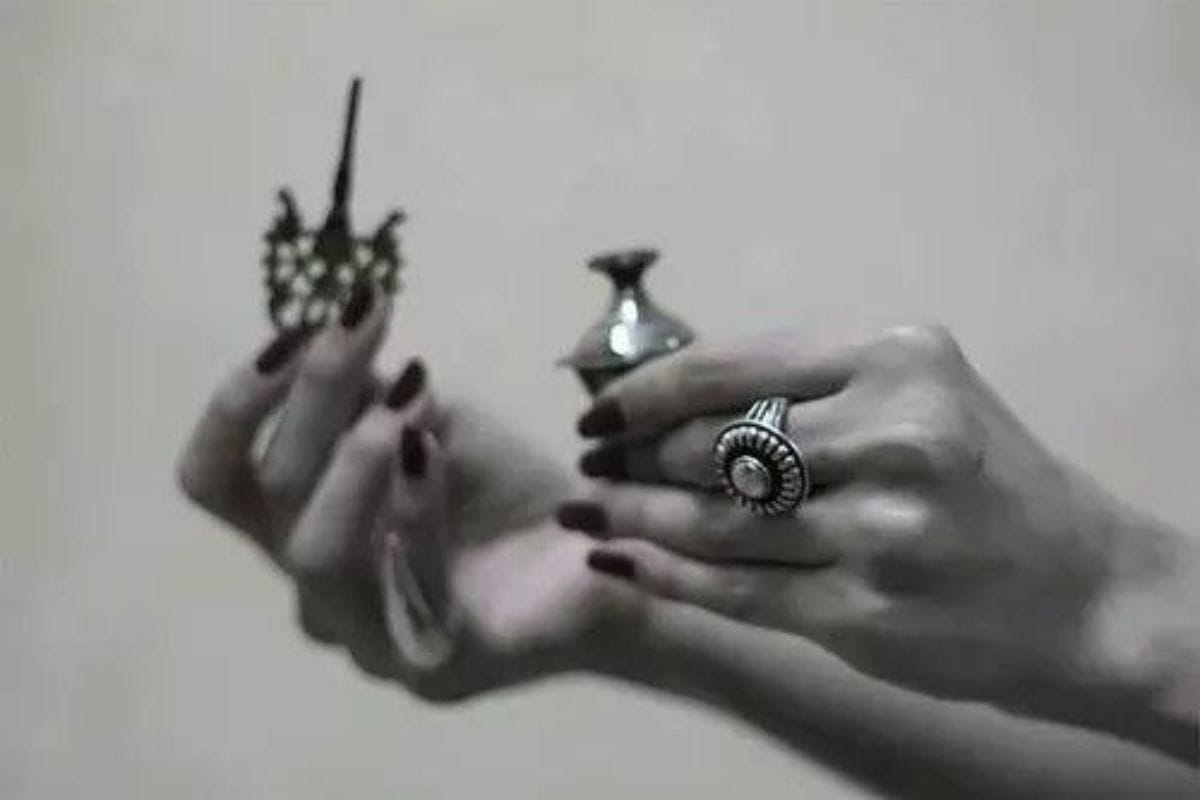
Way before we had Maybelline and Kat Von D, we had Kohl. Dating back to ancient times, Kohl was used by Ancient Egyptian royals like Nefertiti and Cleopatra. Unlike modern-day liquid eyeliners and pencils that are made of synthetic materials, Kohl is made from the Galena mineral mixed with various oils, making it a natural and safe option for eye makeup.
However, the benefits of Kohl go beyond just cosmetic purposes. Regularly applying Kohl on your waterline can have numerous advantages for your eyes, including improving and strengthening your vision, keeping your eyes protected from sun rays and dust, and even preventing eye cataracts.
@blinkaria How to apply my kohl? Easy peasy 🍋 squeezy 🥰 #GenshinTeleport #UnlimitedHPInk #blinkariakohl #kajal #makeup #beauty @Blinkaria Noor ♬ Aesthetic - Tollan Kim
Miswak - Saudi Arabia
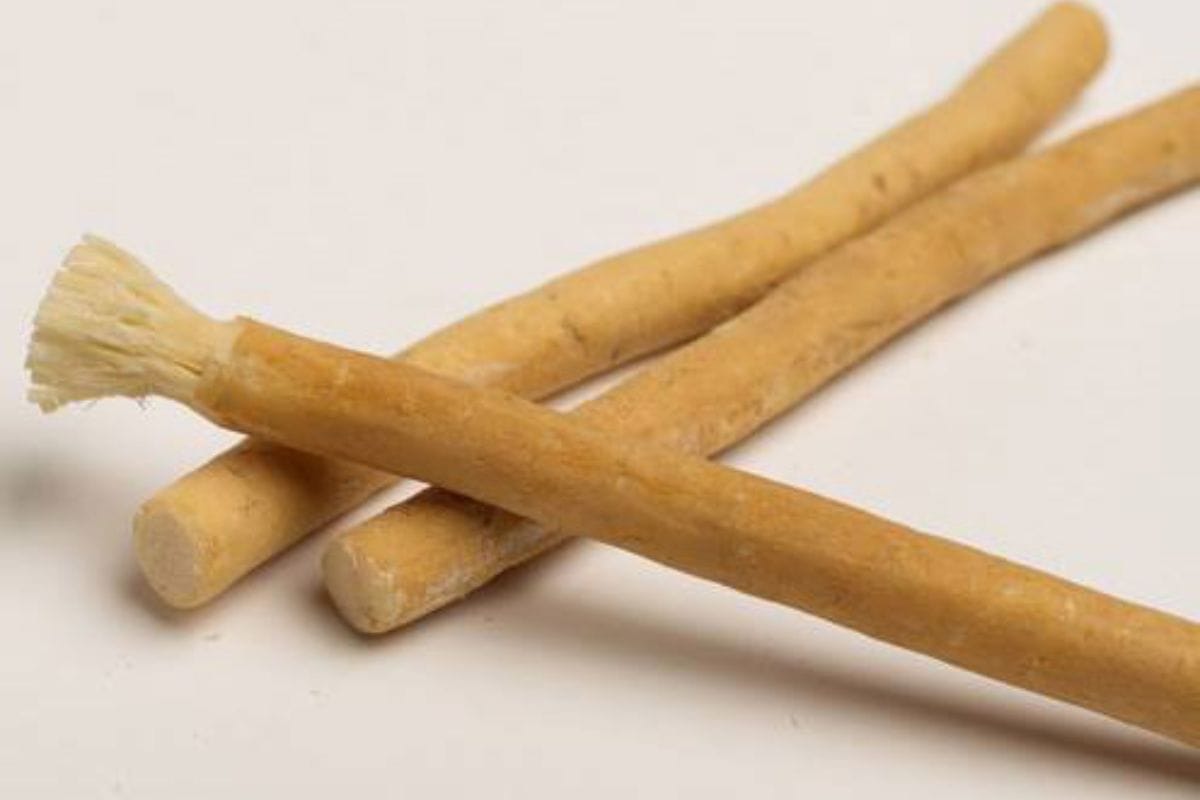
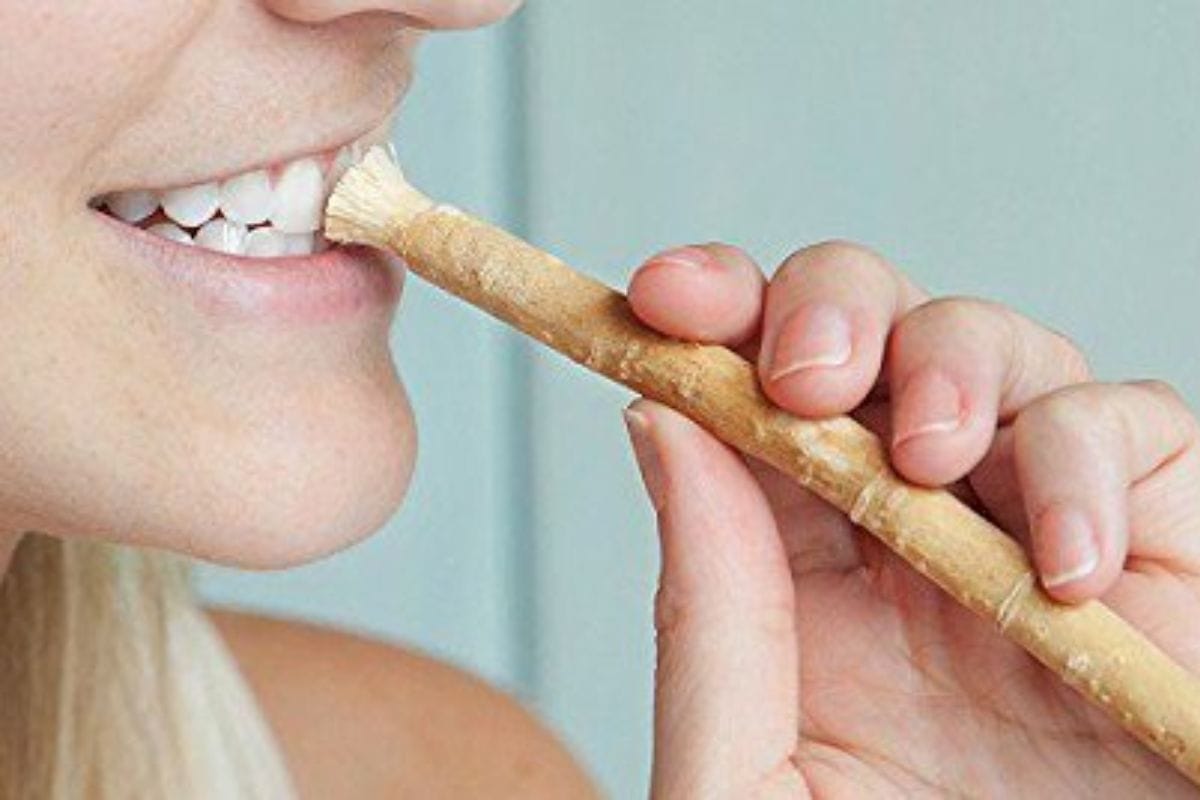
Dating back centuries ago, Miswak, or Siwak, is considered an "ancient toothbrush". Coming from KSA, Miswak is made from the twigs of the Salvadora Persica tree and has been used for oral hygiene all over the MENA region.
The teeth-cleaning twig is known for its countless health benefits, as well as its simplicity. Studies all over the world have shown that Miswak is a top alternative to toothbrushes. Using it is simple: just sharpen the top and rub it on your teeth. Miswak can be a quicker and better way to brush your teeth. Not only does it clean them, but Miswak even prevents plaque from building up and reduces the risk of gum disease.
Oud - Gulf
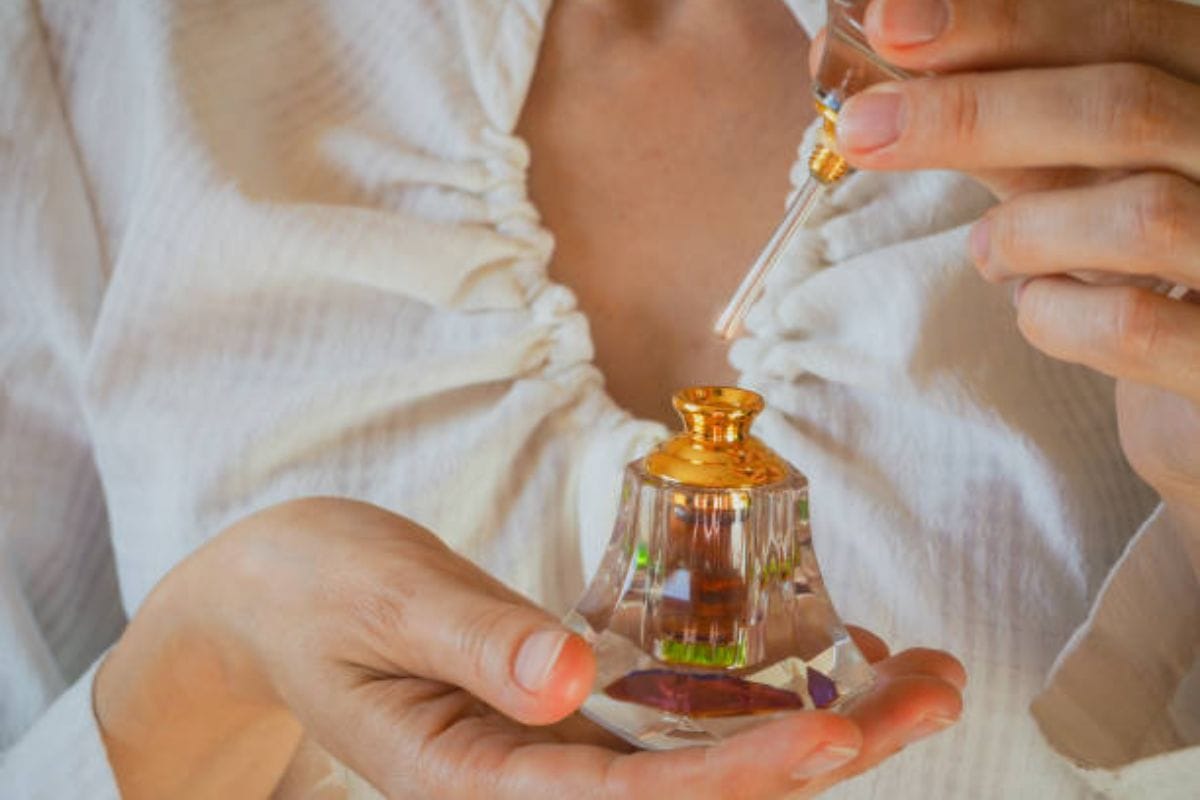
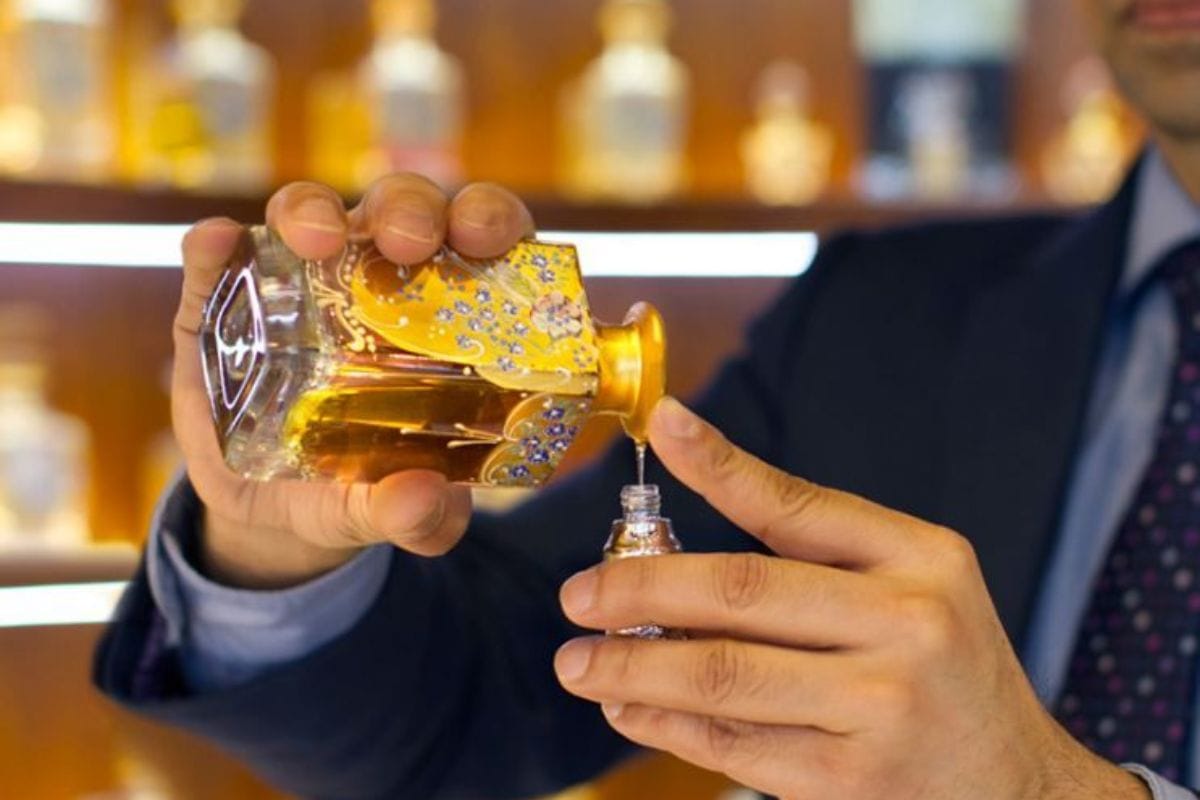
You may have come across Oud before, whether that be from walking in Mall of the Emirates or just visiting any perfume shop. Oud is a luxurious fragrance that represents the Gulf and Middle East region. The natural perfume is made using the extract of the Agarwood tree and is highly valued for its woody and rich scent.
Replacing today's chemical-filled perfumes, Oud offers a completely natural and pure alternative; simply one drop of Oud on your wrist can leave you smelling amazing for the rest of the day. For centuries, Oud has represented the Middle East's rich culture and has been used in countless rituals and ceremonies.
Qahwa - United Arab Emirates
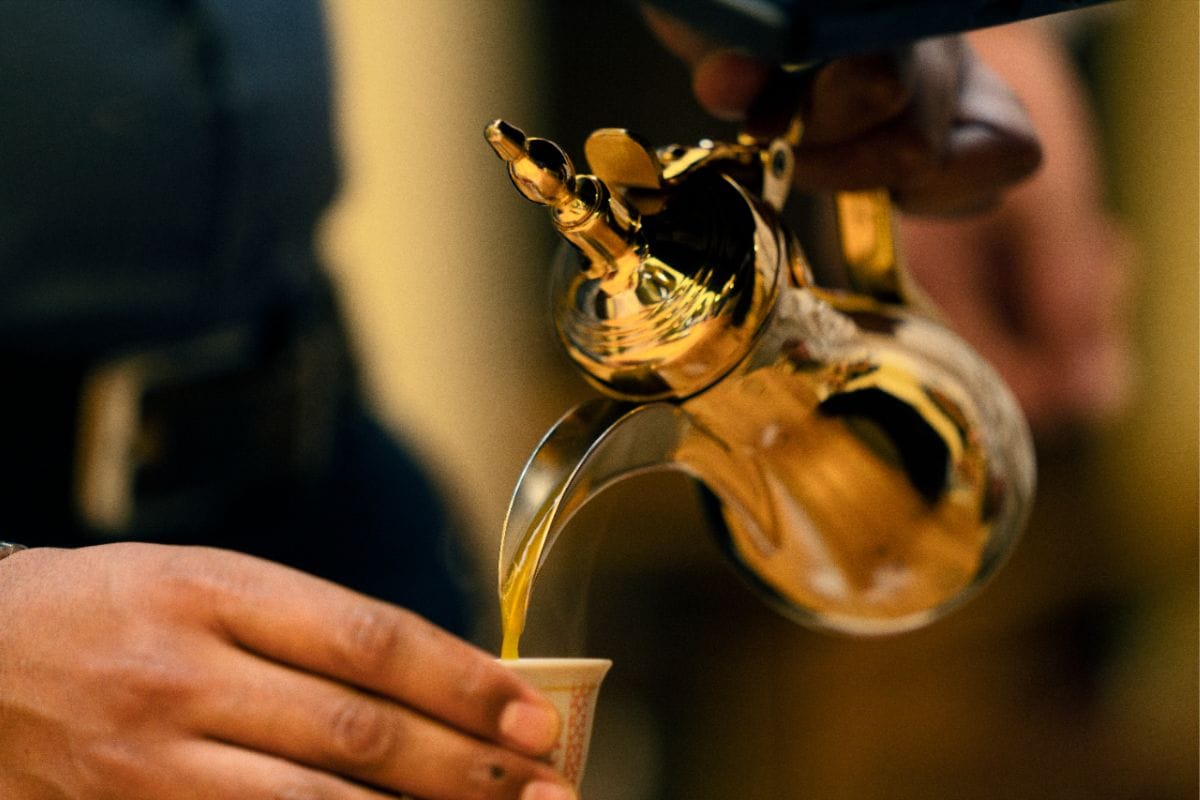
Though coffee originated in Yemen back in the 9th century, it has become a huge part of Emirati culture. Made by grinding fresh Arabica coffee beans, the Emirati Qahwa is a traditional coffee that's enjoyed by both locals and tourists alike. In fact, it's such a big part of the country's heritage that you can find an entire museum in Dubai just dedicated to the drink and its history. You may have even had Arabica coffee before – over 70% of the world's coffee is made from Arabica beans.
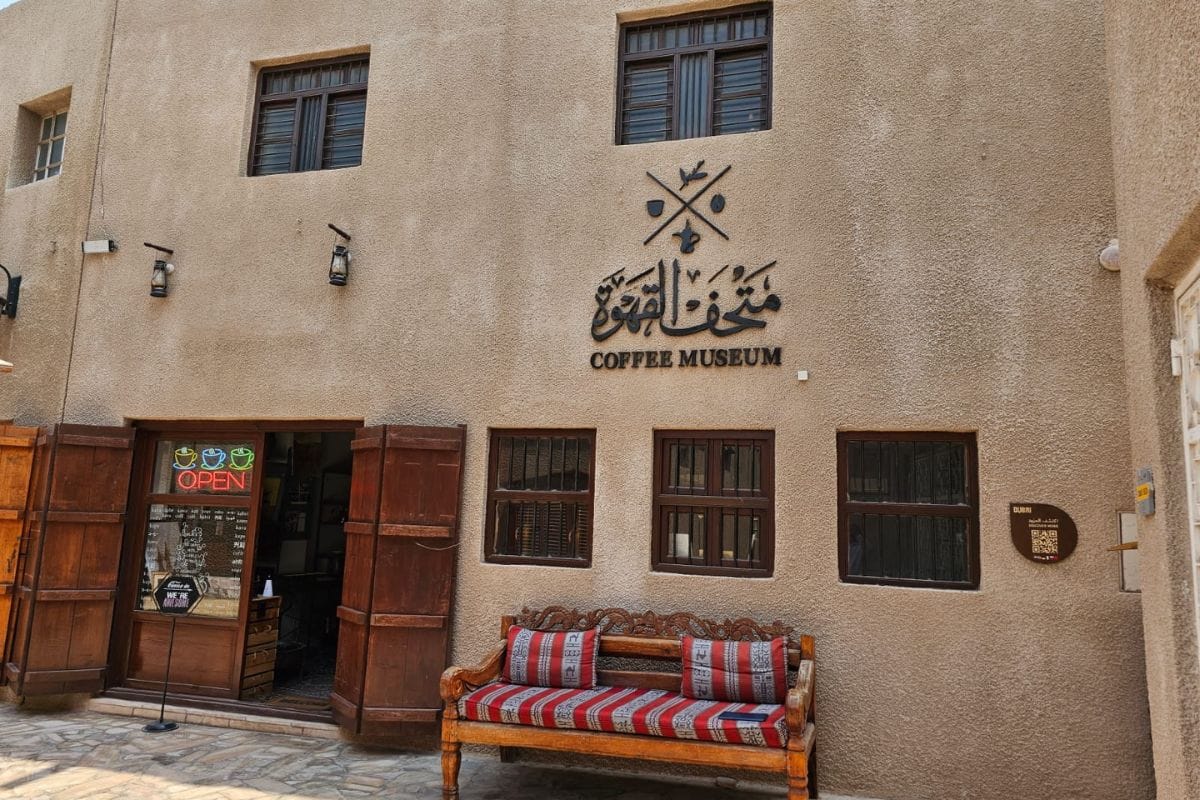
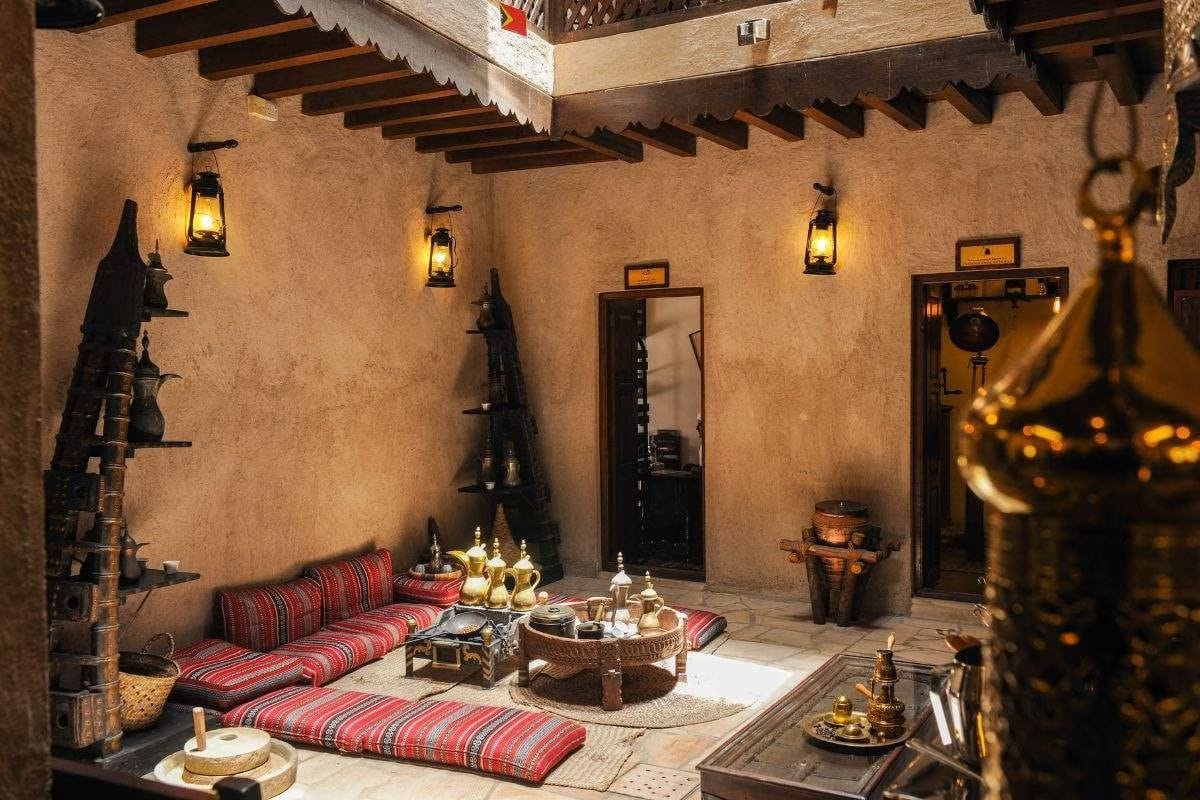
Dubai Coffee Museum
Though today, coffee has evolved from a simple Cup of Joe to frappes and macchiatos, Emirati Qahwa has maintained its traditional preparation and serving styles over the years. If you replace your daily cup of coffee with traditional Emirati Qahwa, you'll immediately notice a difference; Qahwa has numerous health benefits. Aside from being a great source of caffeine, Qahwa is rich in antioxidants, minerals, and vitamins. And if you're on a diet, there's no need to worry! Qahwa is an amazing alternative to help you lose weight and maintain your blood pressure.
Sidr Honey - Yemen
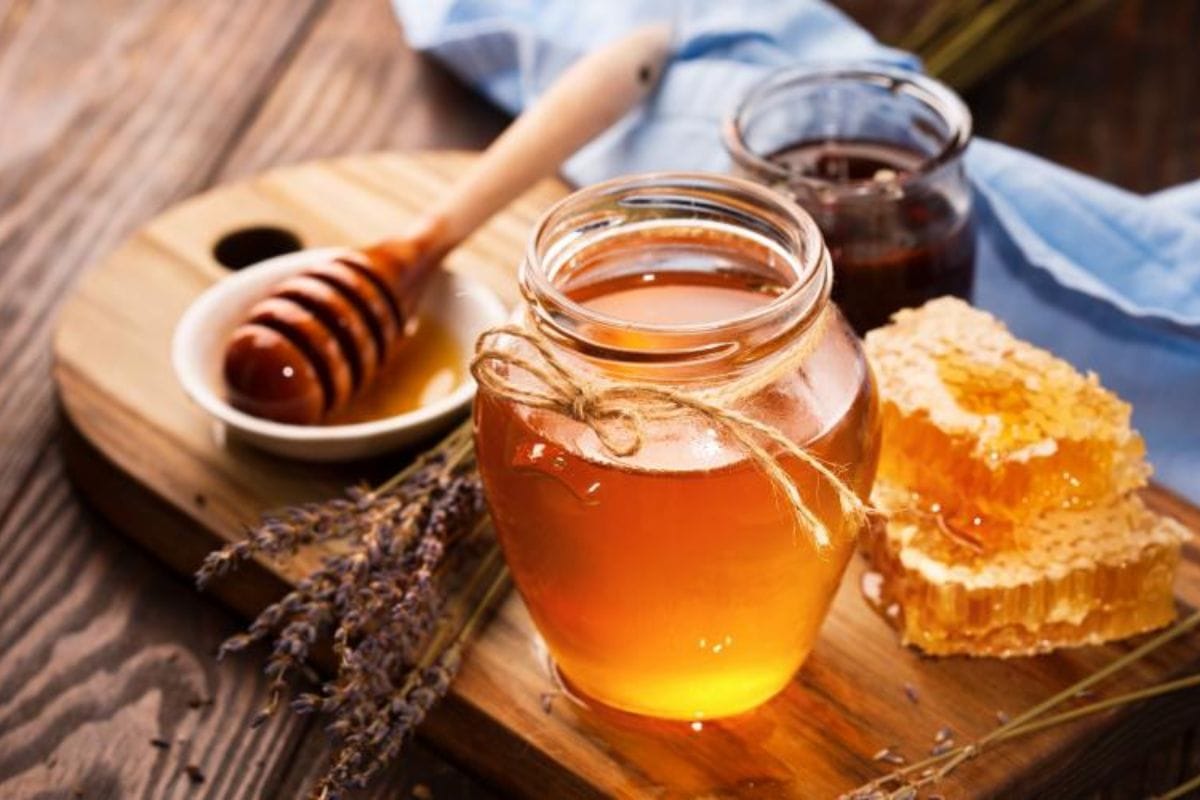
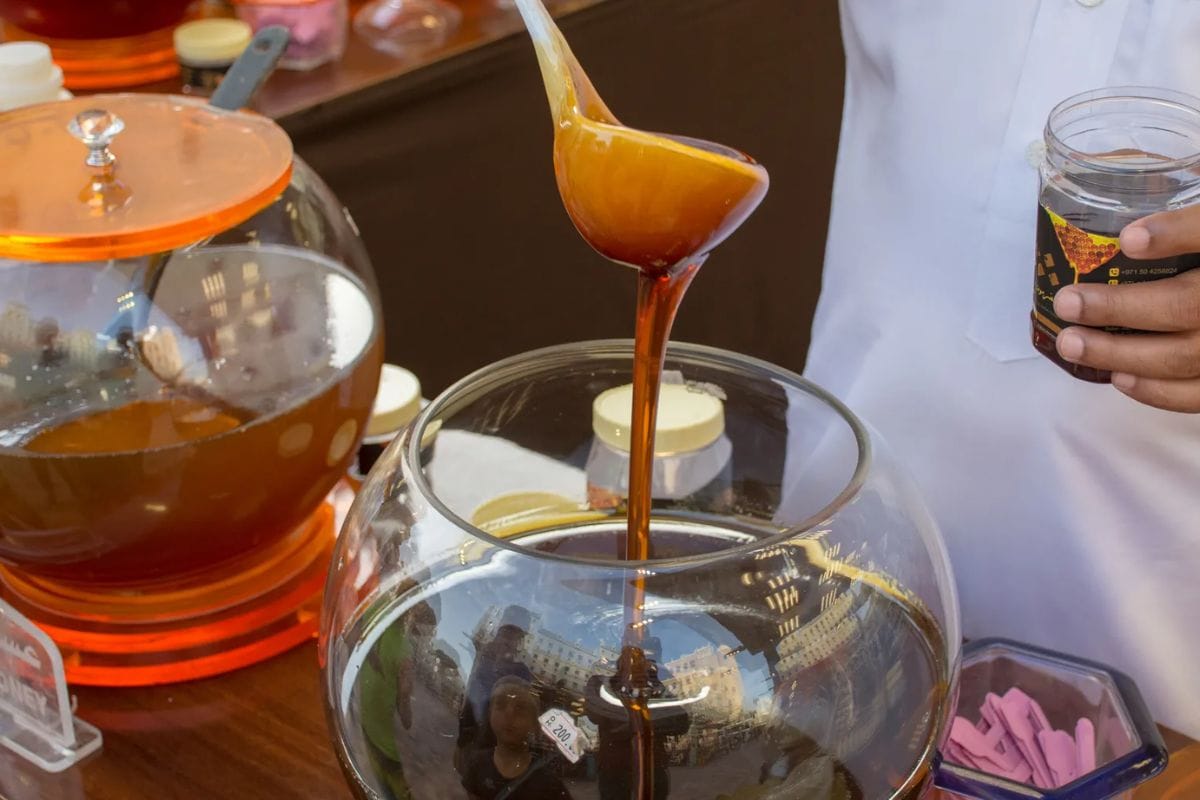
Yemen is known as the Honey Central of the Middle East. The country has a long history of beekeeping dating back to the tenth century and is famous for its high-quality honey production; you can find a jar of delicious honey in every Yemeni household!
The sweet business has grown significantly over the years, with Yemen becoming one of the top honey exporters in the region. Not only is honey valued for its unique delicious taste, but it is also sought after for its medicinal properties. Yemeni honey is one of the first things a new mother eats after giving birth, it can boost your immunity, and can even improve your memory.
Also Read:
